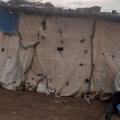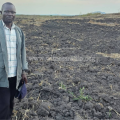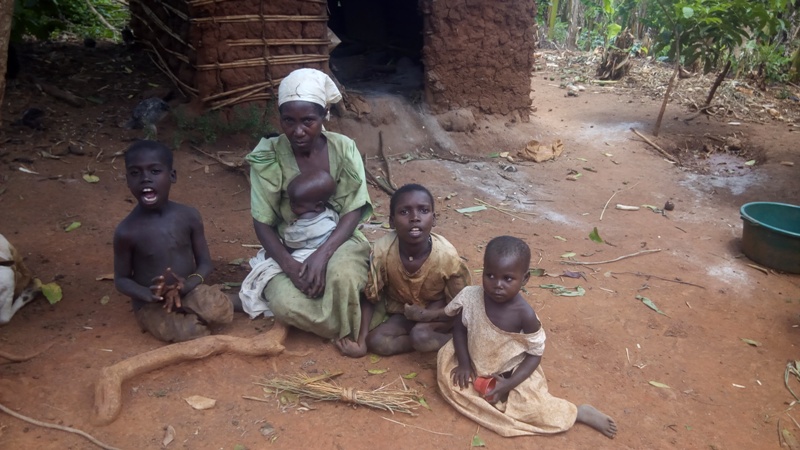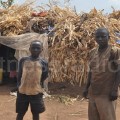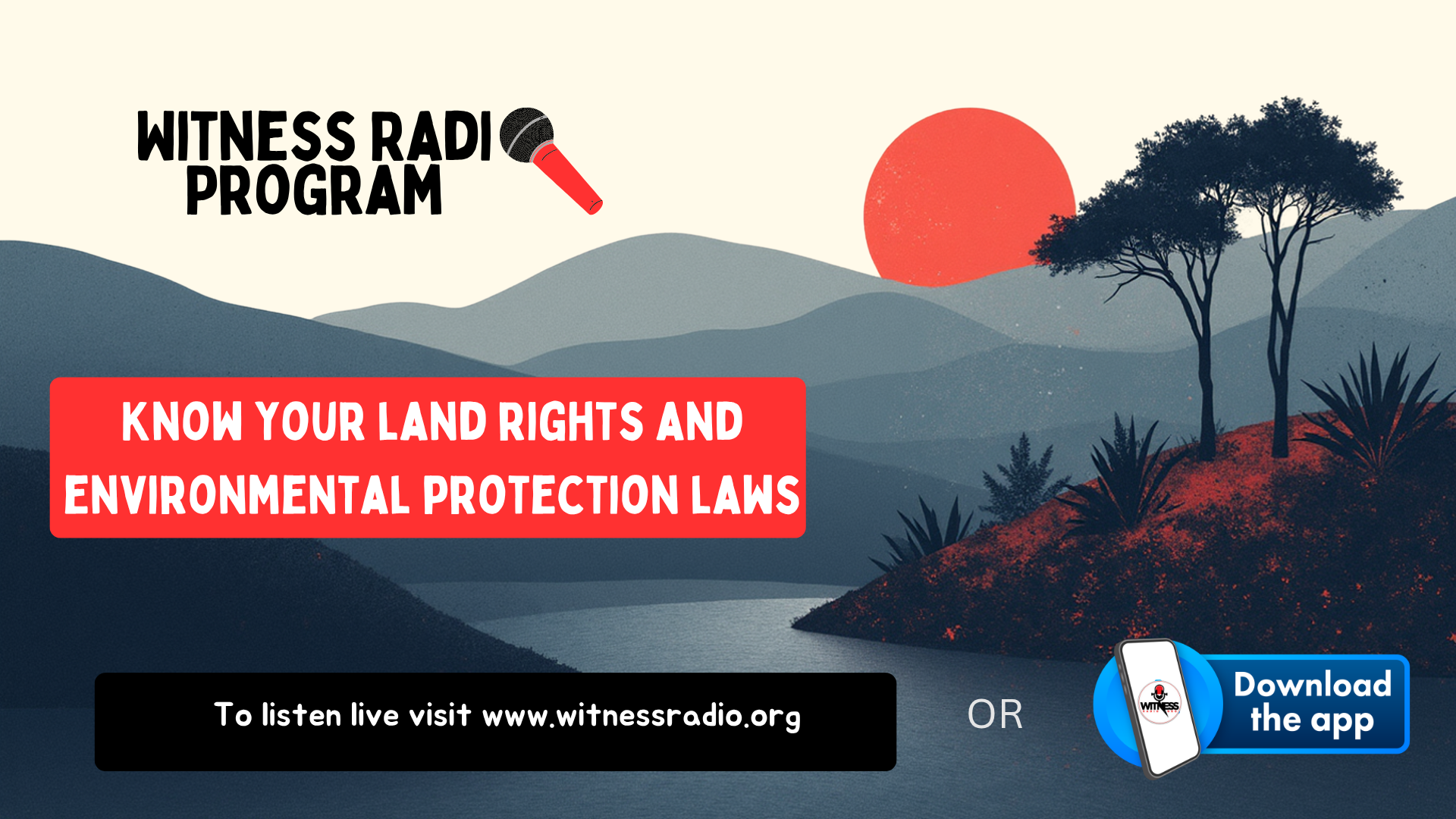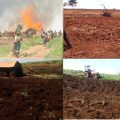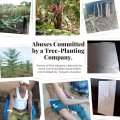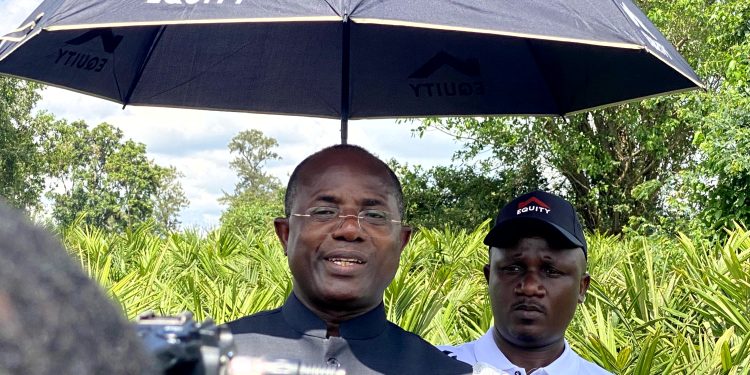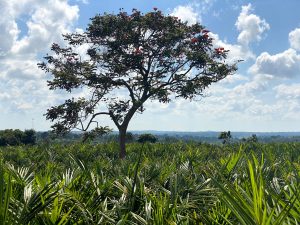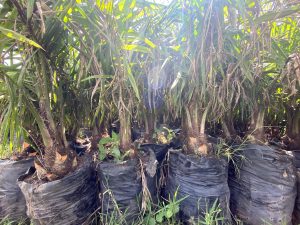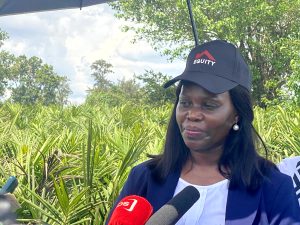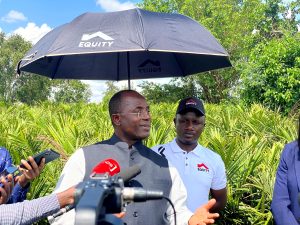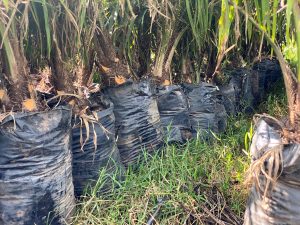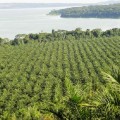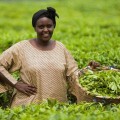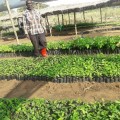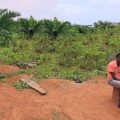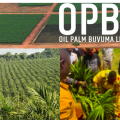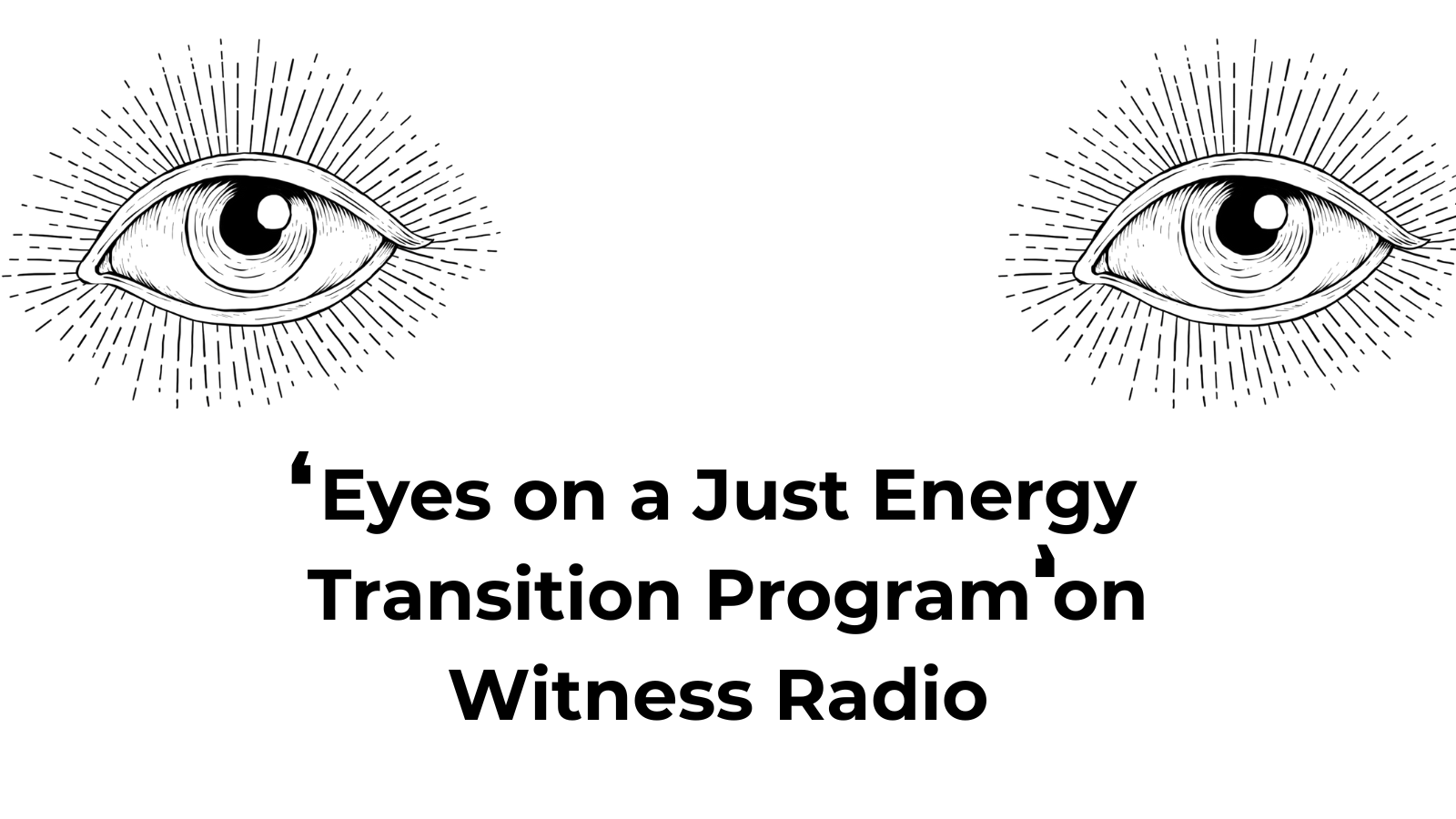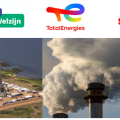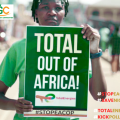MEDIA FOR CHANGE NETWORK
How Kiryandongo land conflict has affected children
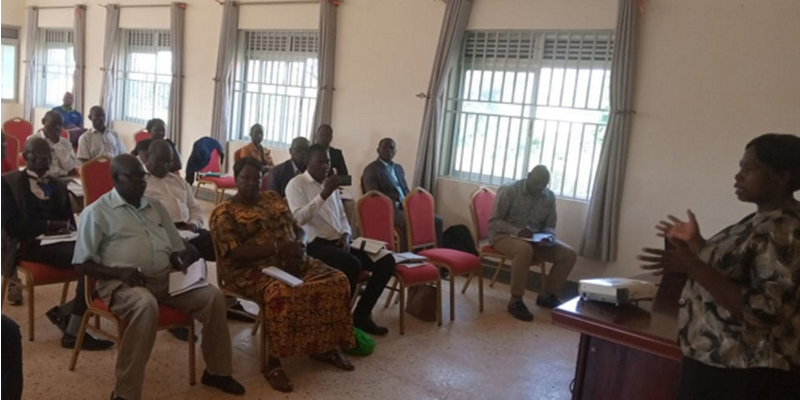
MEDIA FOR CHANGE NETWORK
Know Your Land rights and environmental protection laws: a case of a refreshed radio program transferring legal knowledge to local and indigenous communities to protect their land and the environment at Witness Radio.
MEDIA FOR CHANGE NETWORK
Gov’t Seeks Land to Establish Palm Oil Mill and Nursery in Busoga
MEDIA FOR CHANGE NETWORK
New! The Eyes on a Just Energy Transition in Africa Program is now live on Witness Radio.
-
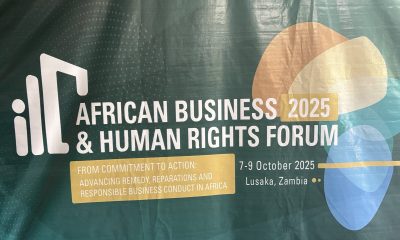
 MEDIA FOR CHANGE NETWORK2 weeks ago
MEDIA FOR CHANGE NETWORK2 weeks agoThe 4th African Forum on Business and Human Rights: The rapidly escalating investment in Africa is urgently eroding environmental conservation and disregarding the dignity, the land, and human rights of the African people.
-
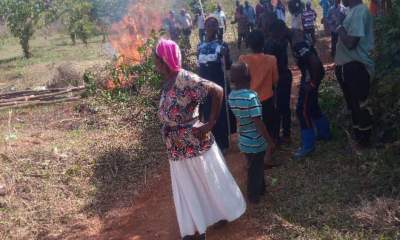
 MEDIA FOR CHANGE NETWORK7 days ago
MEDIA FOR CHANGE NETWORK7 days agoOil palm tree growing in Uganda: The National Oil Palm Project is threatening to evict hundreds of smallholder farmers to expand its operations.
-
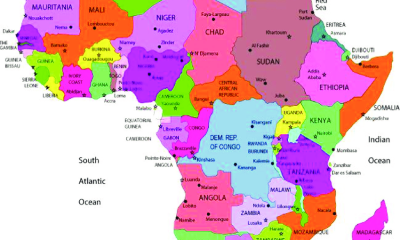
 MEDIA FOR CHANGE NETWORK2 weeks ago
MEDIA FOR CHANGE NETWORK2 weeks agoThe 4th African Forum on Business and Human Rights: The African continent is lagging, with only a few member states having adopted the National Action Plan (NAP) on Business and Human Rights.
-
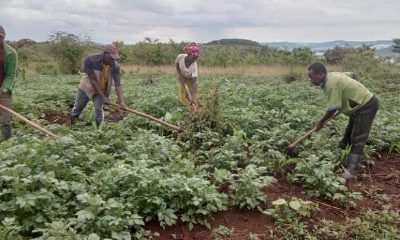
 MEDIA FOR CHANGE NETWORK2 weeks ago
MEDIA FOR CHANGE NETWORK2 weeks agoThe EAC Seed and Plant Varieties Bill 2025 targets organic seeds, aiming to replace them with modified seeds, say smallholder farmers.
-
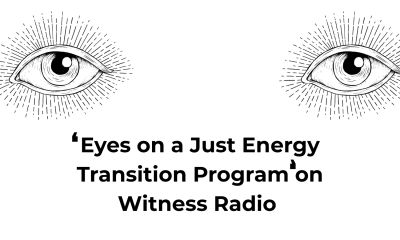
 MEDIA FOR CHANGE NETWORK5 days ago
MEDIA FOR CHANGE NETWORK5 days agoNew! The Eyes on a Just Energy Transition in Africa Program is now live on Witness Radio.
-

 MEDIA FOR CHANGE NETWORK2 weeks ago
MEDIA FOR CHANGE NETWORK2 weeks agoUse COP30 in Belém, Brazil, to fix the historical injustices meted out against Afro-descendant and Indigenous Peoples – CSOs demand.
-
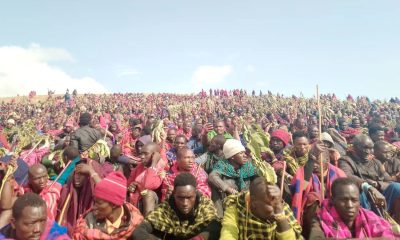
 NGO WORK2 weeks ago
NGO WORK2 weeks agoThe Oakland Institute Calls on the Tanzanian Presidential Land Commissions to Respect & Ensure Rights of Maasai Living in the Ngorongoro Conservation Area
-
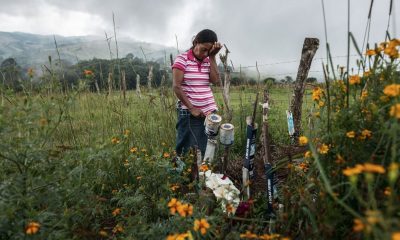
 NGO WORK2 weeks ago
NGO WORK2 weeks agoDocumenting killings and disappearances of land and environmental defenders

